FoodShare Expansion Will Continue in Wisconsin Despite End to Emergency Order
FoodShare recipients in Wisconsin will continue to receive expanded pandemic benefits under an agreement reached between state officials and the federal government.
April 14, 2021
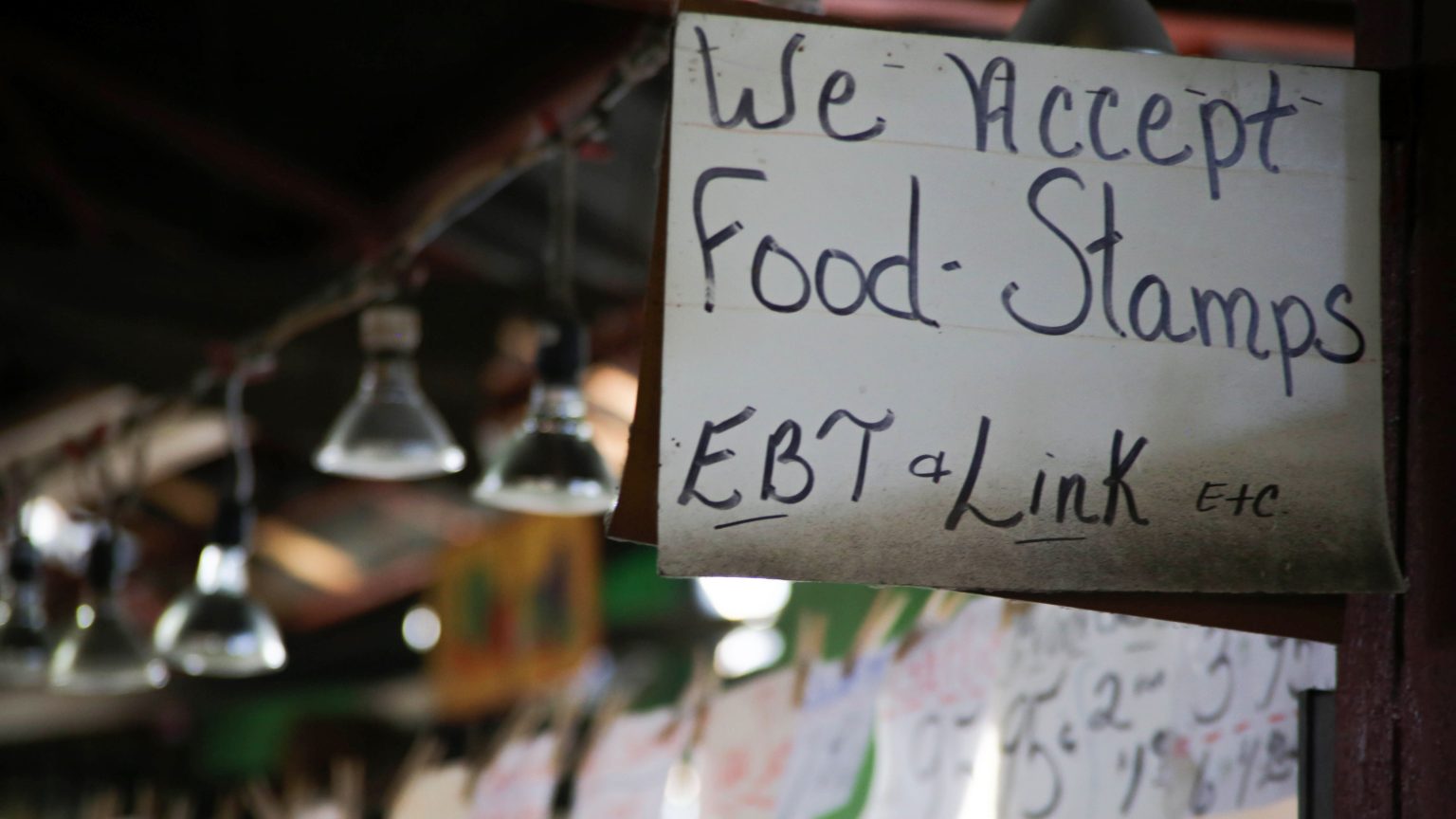
A sign showing a restaurant accepts food stamps, called the Supplemental Nutrition Assistance Program (SNAP) at the federal level or FoodShare in Wisconsin. (Courtesy: Paul Sableman)
FoodShare recipients in Wisconsin will continue to receive expanded benefits under an agreement reached between state officials and the federal government, according to Gov. Tony Evers.
Food assistance benefits were expanded under federal coronavirus aid legislation that provided for a 15% increase in benefits through June. The expanded benefits required states to have an active emergency declaration related to COVID-19. The emergency declaration that qualified Wisconsinites for the expanded benefits was ended two weeks ago by a state Supreme Court decision.
Evers said in a release Tuesday that his administration worked with the U.S. Department of Agriculture, the agency that administers food assistance, to allow a declaration from the state’s health secretary to be sufficient to secure the additional benefits.
According to the governor’s office, retaining the expanded benefits will impact more than 400,000 Wisconsin households and ensure that $70 million in monthly aid will continue to flow to the state.
“More than $70 million a month means we can get support to a lot of folks across our state who are still struggling in the midst of a pandemic and need help putting food on the table,” Evers said.
This is a culmination of a back-and-forth between Evers and the Republican-controlled state Legislature over the governor’s authority to declare multiple states of emergency due to the pandemic. In January, Republicans were poised to end the governor’s emergency declaration over its accompanying mask mandate, but held off due to the risk of losing the federal assistance.
The Legislature later passed legislation to allow the governor to declare emergencies for the narrow purpose of securing federal funds, but Evers vetoed the bill.
“The pandemic has brought a lot of people closer to the issue [of FoodShare benefits] and the struggle,” said Matt King of the Milwaukee-based Hunger Task Force during an April 7 interview on Here & Now Noon Wednesday.
“The safety net for people who are falling on hard times really is set up in such a way that the food pantry is a place for people to go in an emergency, but the SNAP program [FoodShare] is what helps them as they transition back towards employment,” he said.
The governor’s office estimates the expanded benefits have brought $500 million to the state since the start of the pandemic.
This also comes as the state Supreme Court ruled against the Evers administration Wednesday in another case centered on his emergency powers, deciding that the governor and the state’s health secretary cannot issue orders limiting capacity at bars and restaurants.
The 4-3 decision saw conservative swing Justice Brian Hagedorn join the court’s other conservatives in the ruling. He opposed a similar decision last May that threw out the administration’s “Safer at Home” order, but in a concurring opinion Wednesday wrote that he was obligated to uphold the majority’s opinion from the May decision.
The court’s liberals dissented, arguing that a “faulty statutory analysis” led to the court “undermin[ing] public health measures.”
 Passport
Passport




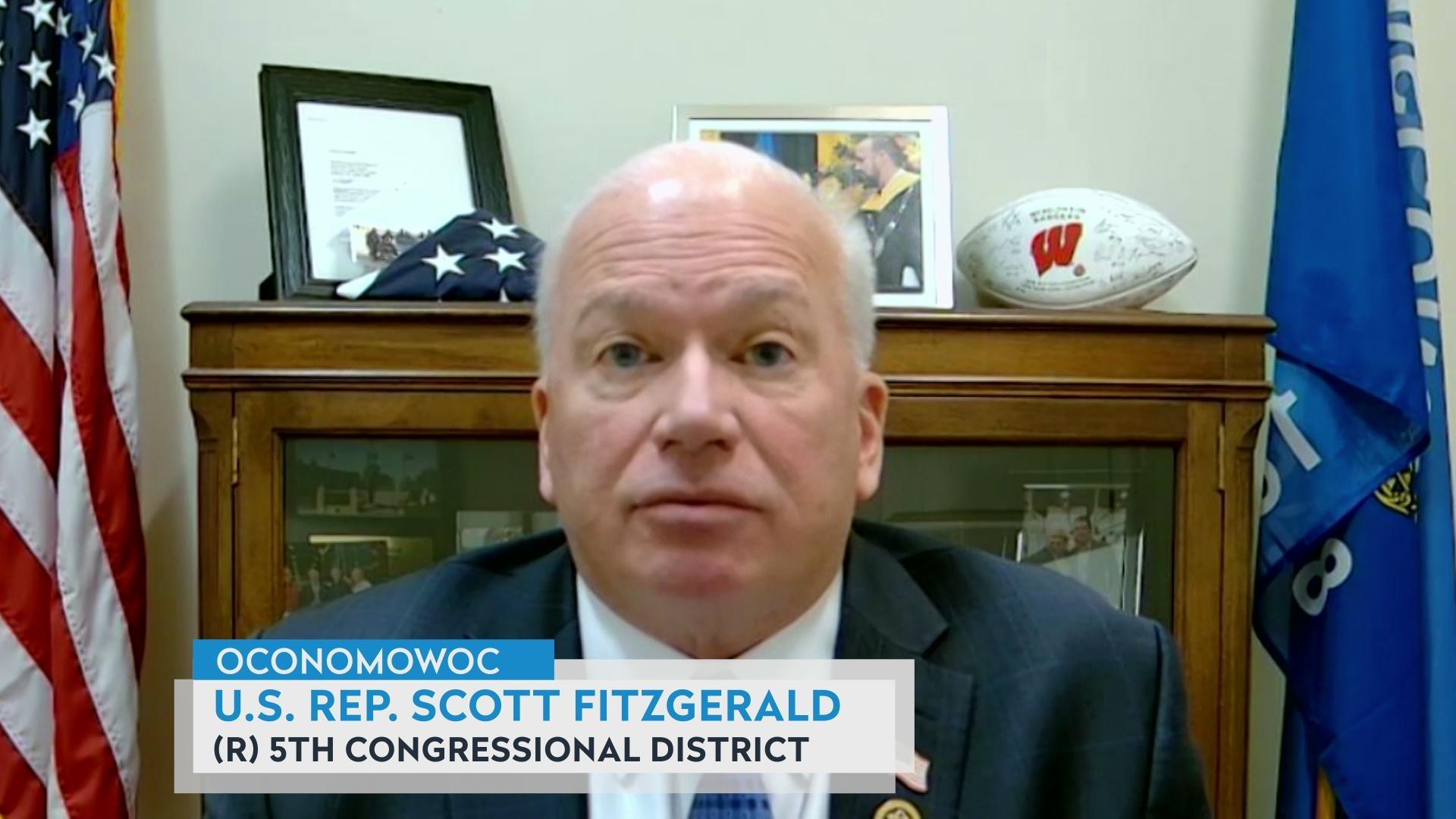
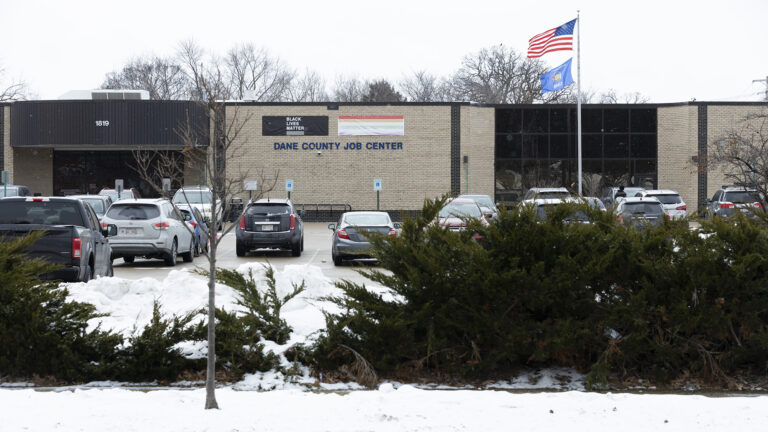


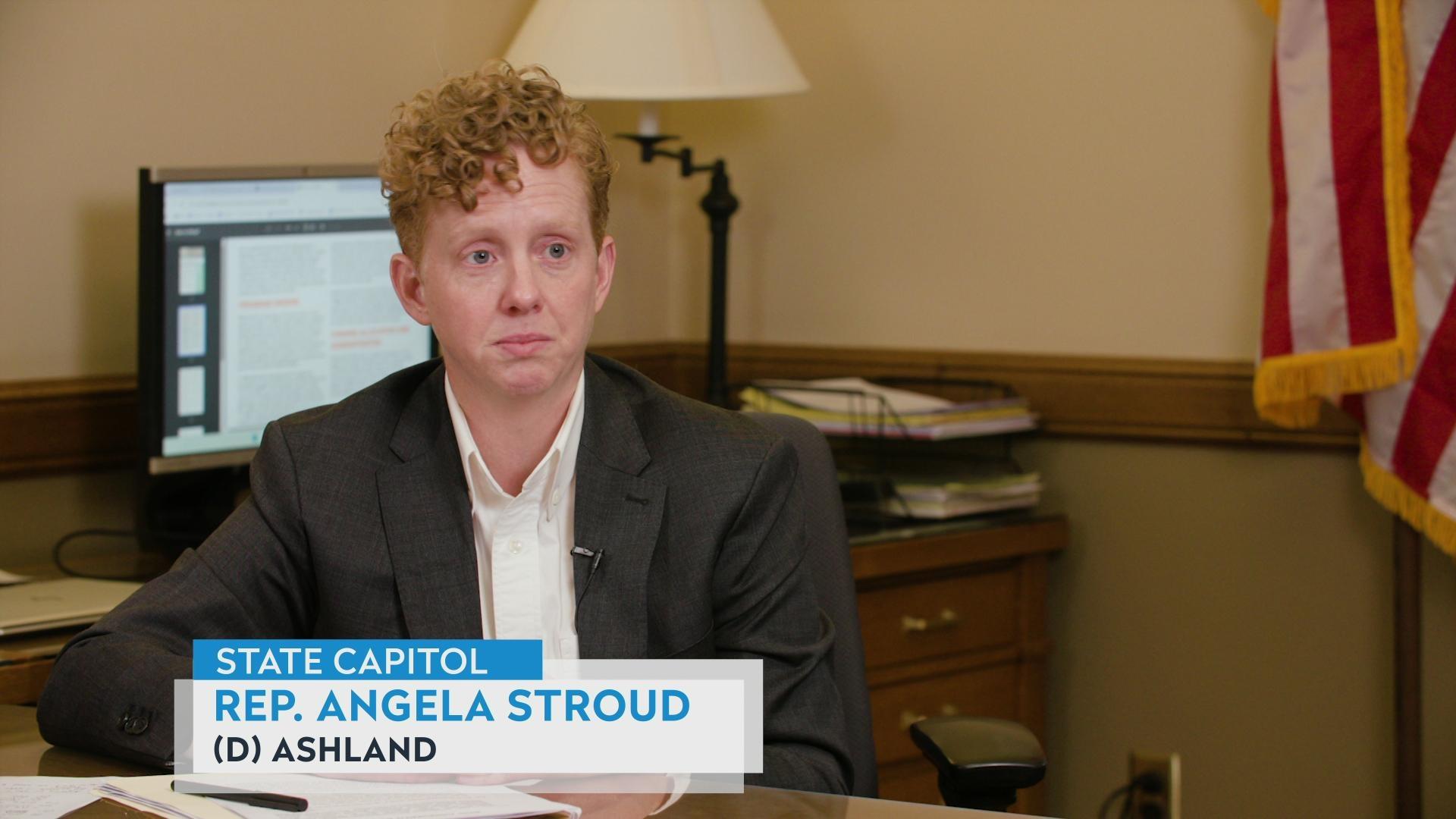
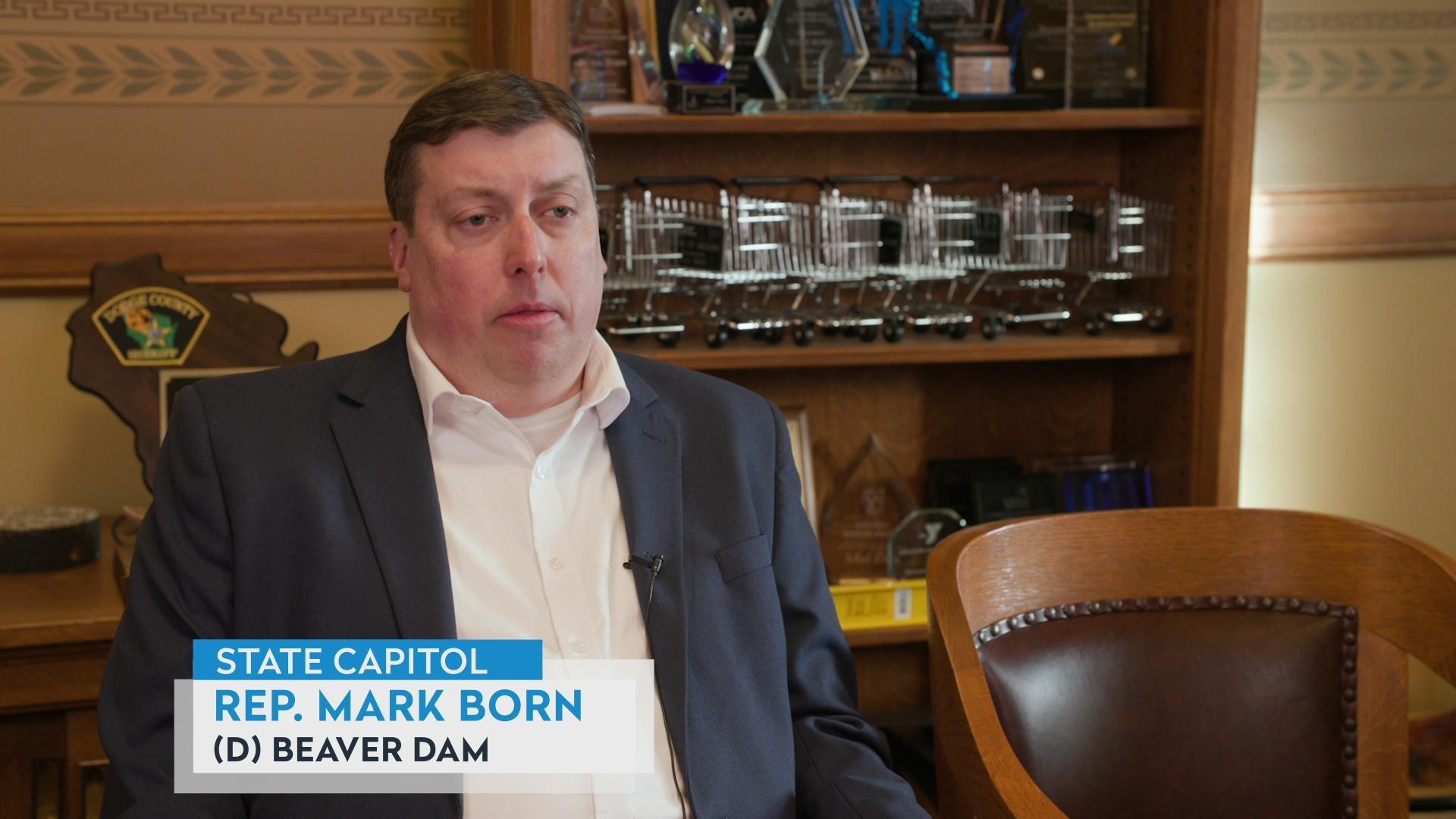

Follow Us